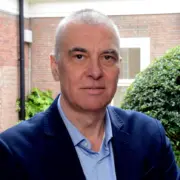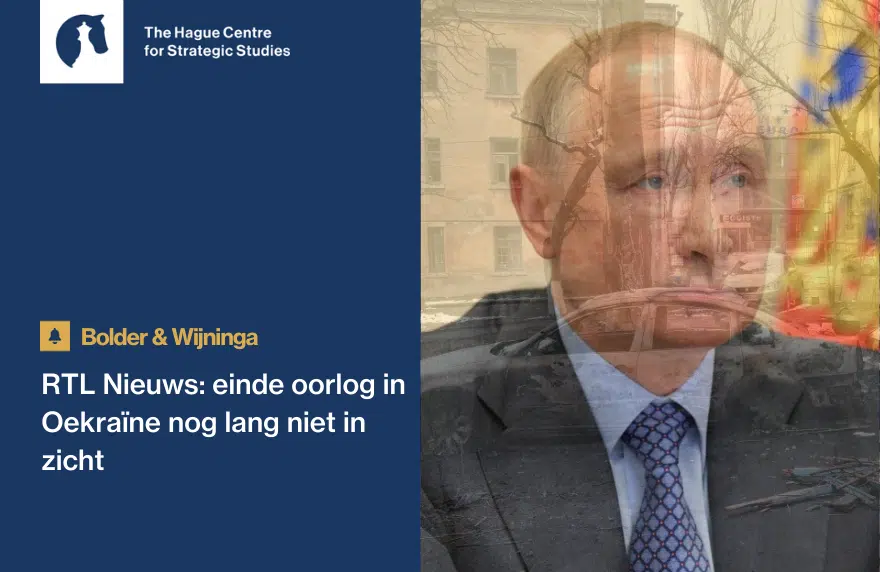Als de oorlog tussen Oekraïne en Rusland één ding duidelijk maakt, dan is het wel dat onbemande vliegtuigen niet meer weg te denken zijn in een modern conflict. Deze Unmanned Aerial Vehicles (UAV’s) worden door beide partijen massaal ingezet. Patrick Bolder van het The Hague Centre for Strategic Studies (HCSS) volgt de ontwikkeling op de voet en legt uit wat er precies gaande is.
Bolder is niet verrast over de prominente rol van UAV’s in de oorlog. “Je kunt de vijand vanaf een veilige afstand treffen. Daardoor worden de risico’s voor de eigen eenheden kleiner. De techniek is bovendien minder complex dan bij bemande vliegtuigen, waardoor UAV’s makkelijker te onderhouden en te gebruiken zijn. En de prijs is natuurlijk een stuk lager.”
Vliegend explosief
Maar die voordelen vormen volgens Bolder ook direct het probleem. “Terroristen kunnen er ook gemakkelijk over beschikken. Met een eenvoudige ‘huis-tuin-en-keuken’-drone en een handgranaat heb je al een vliegend explosief in handen. Dat baart me zorgen.”
Een paar dagen later is er op social media een filmpje te zien dat duidelijk maakt wat Bolder bedoelt. In de video slaagt de drone-operator erin om met een drone een handgranaat door een open dakraam van een Russische militaire auto te laten vallen. Met alle gevolgen van dien.
Luchtoverwicht
Om UAV’s effectief in te zetten boven vijandelijk gebied is het wel van belang dat er een luchtoverwicht is. Dat hadden de Oekraïners toen de strijd zich nog bij Kiev afspeelde. “Die situatie was heel vervelend voor de Russen, want die moesten constant naar boven kijken of er geen onbemande vliegtuigen vlogen. Je hoort ze nauwelijks en ziet ze ook niet op de radar.” In de fase waarin het conflict zich nu bevindt, wordt er vooral in de Donbas gevochten. Daar hebben de Russen wél een luchtoverwicht, wat de Oekraïense UAV’s kwetsbaarder en minder effectief maakt.
Snelheid belangrijk
Bolder kijkt, net als andere analisten, nu al naar de lessen die er uit de oorlog geleerd kunnen worden. “We wisten al dat de zogenoemde sensor to shooter loop nóg korter moet worden. Dat is de tijd tussen het moment waarop je een doel ziet en je het kunt aanvallen. Dat geldt al helemaal bij zogenoemde time critical targets. Ofwel doelen die zo snel mogelijk uitgeschakeld moeten worden. UAV’s bieden die mogelijkheid. Het is niet voor niets dat Nederland ook over dergelijke systemen beschikt én de wens op tafel ligt om de MQ-9 Reaper te bewapenen.”
Samenhang
Dat het belang van onbemande systemen nog verder toeneemt, staat volgens de HCSS-expert buiten kijf. “Zowel in het lucht-, land- als onderwaterdomein. Omdat de informatie van satellieten essentieel is voor de navigatie en doelinformatie, is het gebruik van het ruimtedomein daarnaast ook noodzakelijk.” Wat deze relatief nieuwe techniek betreft is er nog veel te leren.
Bron: Defensiekrant






